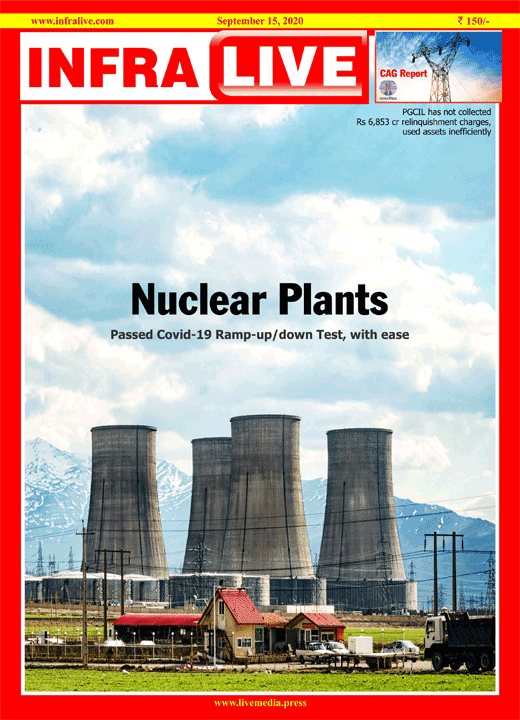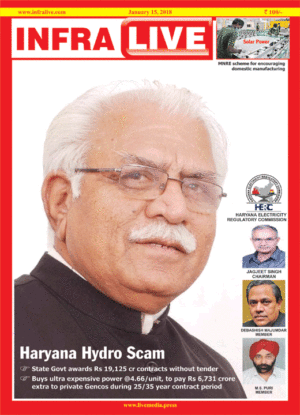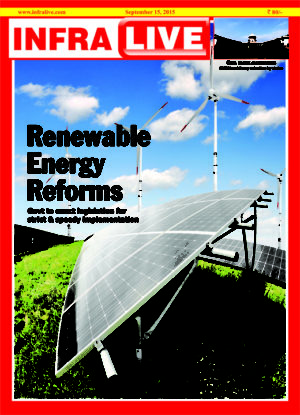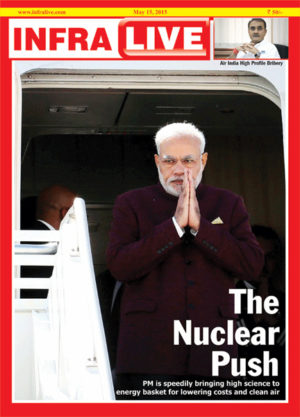In this edition, findings of two reports one on Nuclear Power and the other CAG audit report on PGCIL are a study in contrast. While the former is a story of performance, the latter is an account of shoddy planning and implementation.
How has the Nuclear Power sector fared globally in the Covid situation? How has it responded to demand contractions? These questions have been answered in the 2020 Performance Report of the World Nuclear Association. Nuclear power is the second largest source of low carbon electricity, the first being hydropower and is considered vital in the clean energy system mix. The global count of nuclear reactors at the end of 2019, totaled 240. They were available with flexibility and provided grid stability.
The report cites the example of France to demonstrate the adaptability of nuclear reactors. It accounts for more than 70 per cent of that country’s supply source. They had to be fitted with built-in flexibility to accommodate the share of other renewables, this adjustability has been utilized for covid-19 related dips. French electricity consumption fell by 15 per cent due to the pandemic.
French reactors have a ramp up/down ability of 30-40 MW per minute. In all, up to 21,000 MW can be ramped up and down within 30 minutes. It also has the technical capacity to use unused fuel brought about by variation in production schedules and for flexi-refuelling outages.
The World Nuclear Association represents all important stakeholders in the global nuclear industry from those on the fuel side to the design, engineering, transport, R&D and other ambits. In its report, it has recorded performance status in general besides providing details on China and on emerging nuclear power countries like Bangladesh, Belarus, Turkey and United Arab Emirates.
Findings of the CAG report on the other hand are very severe. The CAG report has upbraided PGCIL for its bad infrastructure planning and non-collection of Rs 6,853 crore relinquishment charges from power companies who did not use the transmission access systems ordered by them. A total 26,836 MW of long term access (LTA) were surrendered by the customers from September 2010 to March 2018 and no relinquishment charges had been collected from them. Similarly, losses occurred due to flawed project management and delays. High mismatch in planning transmission lines for evacuation of power from generation projects have been accounted for.




